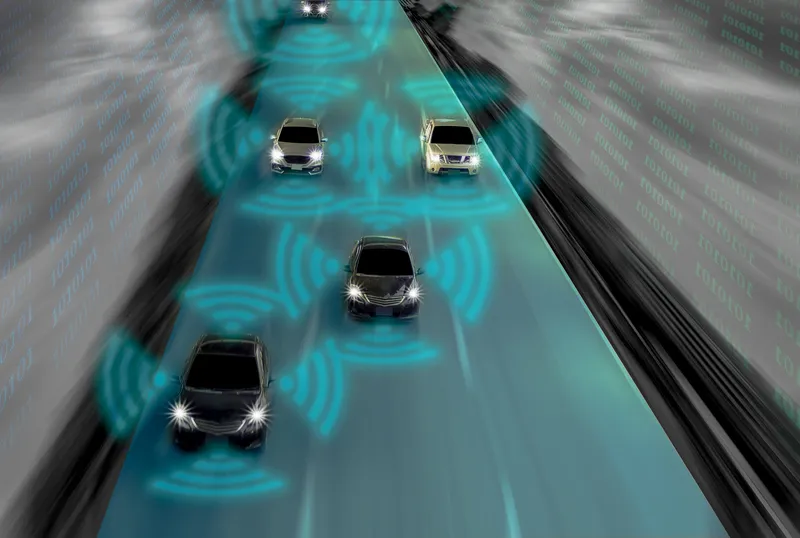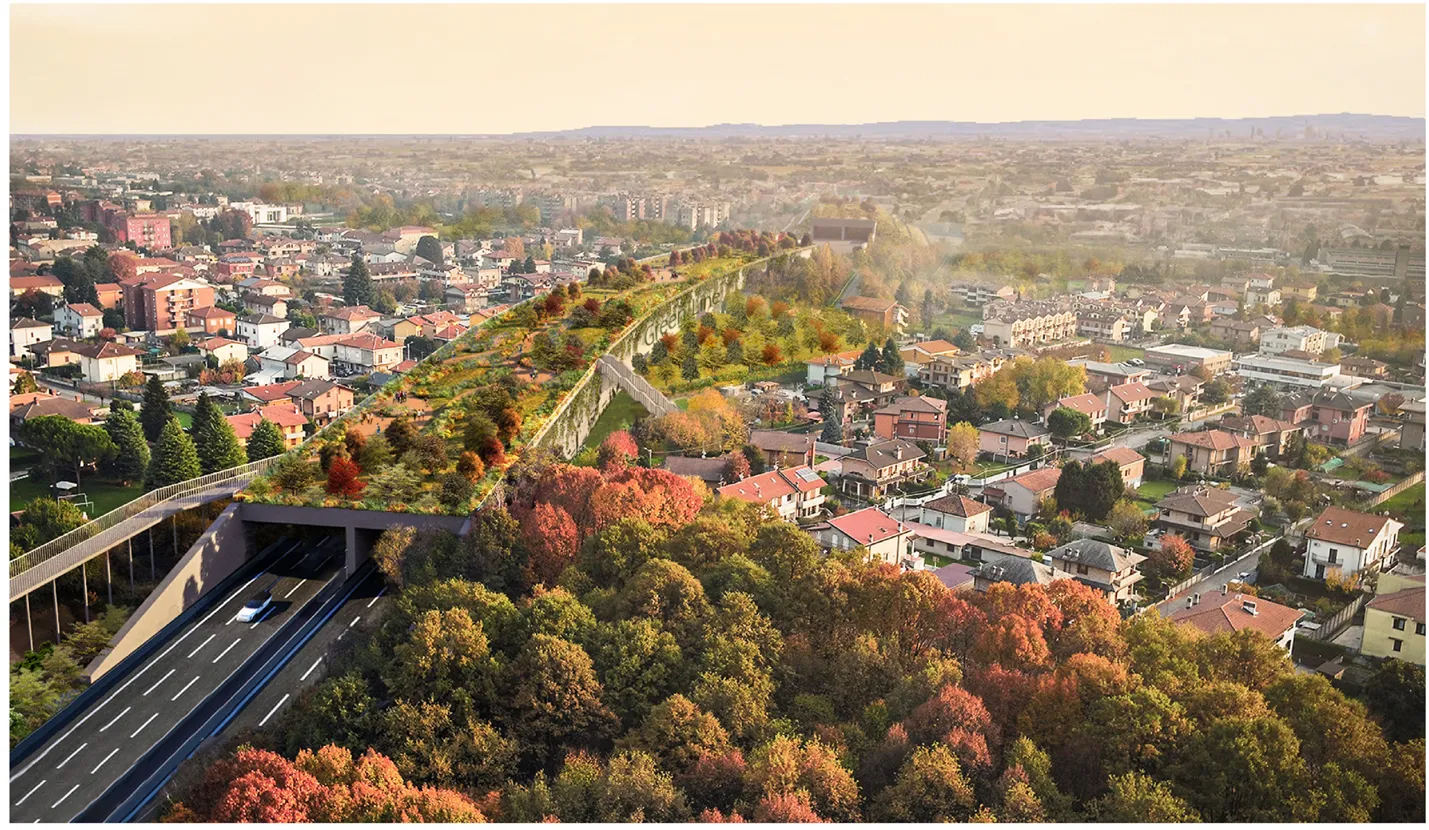
Japan is planning to build dedicated lanes that will solely be for the use of autonomous vehicles (AVs). This radical programme will help speed transport and cut traffic congestion, while boosting safety. Special lanes AV are being planned by the Japanese Government as part of a wider plan to future-proof the country’s road network. The plan will involve the use of the latest traffic control systems as well as in-vehicle technology, in a bid to deliver improved safety for users as well as better traffic flow at peak periods.
Camera and sensor technology will be utilised on existing road stretches to identify vehicle movements as well as the presence of vulnerable road users. Safety will be a priority for this advanced vehicle programme.
The first road sections to be adapted will be in Ibaraki and the plans for the preparatory work needing to be carried out will be released in late 2023. Once the monitoring technology has been installed and commissioned, the system will be managed by Michinori Holdings. The system should be commissioned by the second quarter of 2025 if the intended schedule is adhered to.
The plan is being handled by Japan’s Economy, Trade and Industry Ministry and will focus initially on a 2km road stretch between JR Omika Station and the Hitachi Cameras facility.
At the same time, a self-driving car is under development by the Japanese firm Turing, featuring technology that handles data received from onboard cameras and is able to control braking, acceleration and steering. This is likely to be one of several vehicles able to use the special AV lanes. It is not clear as yet if other AVs being developed at present in China or the US for example will be permitted to use the Japanese AV lanes.
A section of road used at present as part of a Bus Rapid Transit (BRT) network will be one of the first road sections to benefit from technology allowing the use of autonomous vehicles. Further plans will see the establishment of special lanes for autonomous vehicles on the new Tomei Expressway route in in Shizuoka Prefecture that connects Hamamatsu and Surugawan/Numazu. Lthe technology allowing lanes to be used for autonomous vehicles will also be installed on the Tohoku Expressway and this may be ready for use as early as 2025.









